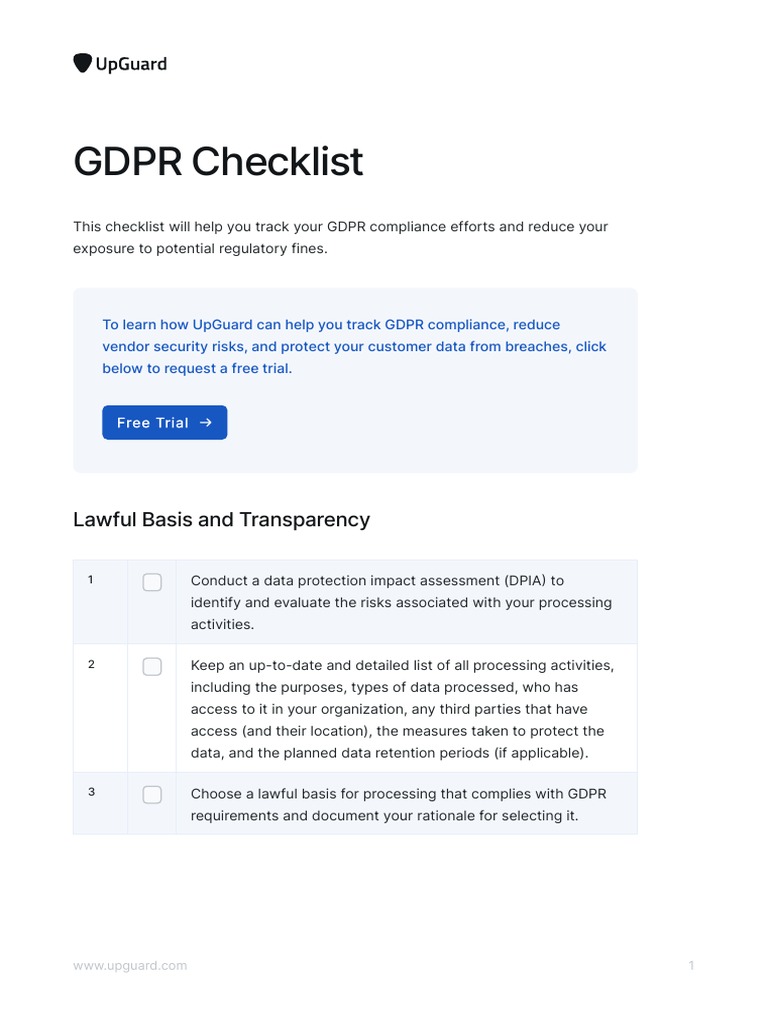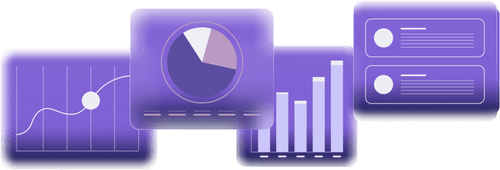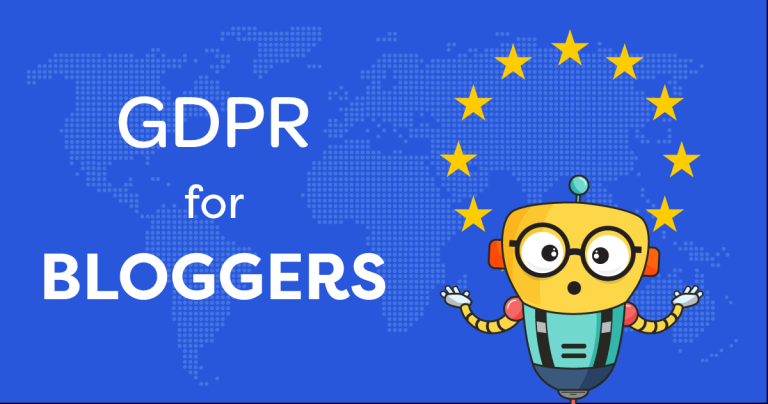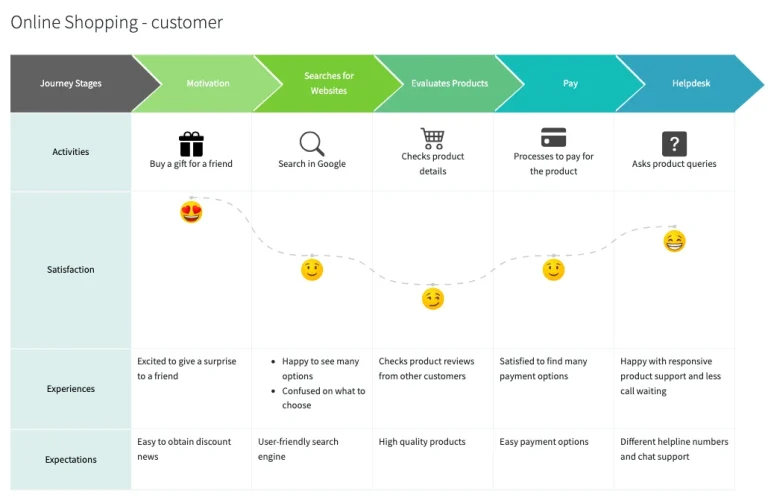
In today’s digital landscape, privacy compliance is no longer a choice—it’s a necessity. With the rise of data-driven business models and increasing public awareness around data rights, organizations must ensure they are not only compliant with regulations like the General Data Protection Regulation (GDPR) but also proactive in protecting user data. The GDPR, which came into effect in 2018, sets a high bar for data protection, requiring businesses to be transparent, accountable, and secure in their handling of personal information. This article explores what privacy compliance entails, why it matters, and how to implement it effectively.
What Is Privacy Compliance and Why It Matters
Privacy compliance refers to the adherence to laws and regulations that govern the collection, use, storage, and sharing of personal data. At its core, it ensures that individuals have control over their information and that organizations handle data responsibly. The GDPR is one of the most comprehensive frameworks, setting strict rules for data processing and granting individuals significant rights, such as the right to access, correct, or delete their data.
For businesses, privacy compliance is not just about avoiding fines—it’s about building trust. In an era where consumers are increasingly concerned about data misuse, companies that prioritize privacy can differentiate themselves in the market. According to a recent survey, 73% of consumers are more likely to trust brands that are transparent about their data practices.
Moreover, non-compliance with GDPR can lead to severe consequences, including hefty fines. For example, in 2024, an average of 363 personal data breach notifications were reported under GDPR, with penalties totaling $2.4 million due to non-compliance. These figures underscore the importance of understanding and implementing privacy compliance measures.
How Privacy Compliance Impacts SEO Performance
While privacy compliance may seem like a legal or technical requirement, it also plays a crucial role in SEO. Search engines like Google prioritize websites that provide a secure and trustworthy user experience. A well-structured privacy policy, clear consent mechanisms, and robust data protection measures can enhance your site’s credibility and improve its search visibility.
Additionally, privacy compliance aligns with broader trends in user intent and search behavior. As users become more aware of their data rights, they are more likely to engage with websites that demonstrate transparency and respect for their privacy. This can lead to higher dwell time, lower bounce rates, and improved organic rankings.
From an SEO perspective, privacy compliance also ties into other critical factors such as E-E-A-T (Experience, Expertise, Authoritativeness, Trustworthiness). A website that prioritizes user privacy and adheres to data protection laws is more likely to be viewed as authoritative and trustworthy by both users and search engines.
Step-by-Step Implementation Framework
Implementing privacy compliance requires a structured approach. Below is a step-by-step framework to help you achieve and maintain GDPR and data protection law compliance:
1. Define or Audit the Current Situation
Start by conducting a comprehensive audit of your data processing activities. Identify all the personal data you collect, how it is used, and who has access to it. This includes data from customers, employees, and third-party vendors.
Action Steps:
– Review your data collection processes.
– Document all data flows within your organization.
– Identify any special category data (e.g., biometric or health data).
2. Apply Tools, Methods, or Tactics
Once you understand your data landscape, implement tools and methods to ensure compliance. This includes:
– Consent Management Platforms (CMPs): Use CMPs to obtain and manage user consent for data collection.
– Data Protection Impact Assessments (DPIAs): Conduct DPIAs for high-risk processing activities.
– Data Security Measures: Implement encryption, access controls, and regular security audits.
Tools:
– Vanta: A compliance platform that offers templates and workflows for GDPR compliance.
– Usercentrics: A CMP that helps manage user consent and privacy policies.
3. Measure, Analyze, and Optimize
Continuously monitor your compliance efforts and make improvements where necessary. Track metrics such as user consent rates, data breach incidents, and audit outcomes.
Key Performance Indicators (KPIs):
– Number of data subject access requests (DSARs) handled.
– Time taken to respond to DSARs.
– Number of data breaches reported.
Recommended Tools:
– Google Analytics 4 (GA4): Monitor user behavior and track compliance-related metrics.
– Sentry: A tool for tracking and resolving errors in your data processing systems.
Real or Hypothetical Case Study
Consider a mid-sized e-commerce company based in the United States that serves customers in the EU. After a data breach exposed customer information, the company faced significant backlash and lost customer trust. To recover, the company implemented a comprehensive privacy compliance strategy, including:
– Updating its privacy policy to meet GDPR requirements.
– Introducing a CMP to manage user consent.
– Conducting regular data protection impact assessments.
As a result, the company saw a 30% increase in customer trust, a 25% reduction in data breach incidents, and a 15% improvement in organic traffic due to enhanced user engagement and trust.
Tools and Techniques for Privacy Compliance
To streamline your privacy compliance efforts, consider using the following tools and techniques:
- Consent Management Platforms (CMPs): Help manage user consent and ensure compliance with GDPR and other regulations.
- Data Protection Impact Assessment (DPIA) Templates: Provide a structured approach to assessing risks associated with data processing.
- Encryption Tools: Secure data at rest and in transit using strong encryption protocols.
- Access Control Systems: Limit access to sensitive data to authorized personnel only.
- Regular Audits: Conduct internal and external audits to identify and address compliance gaps.
- Compliance Management Software: Automate compliance tasks and track progress across your organization.
Future Trends and AI Implications
As technology evolves, so do the challenges and opportunities in privacy compliance. The rise of AI and machine learning introduces new complexities, particularly in areas like automated decision-making and data profiling. Under GDPR, individuals have the right to contest decisions made by algorithms, which means businesses must be transparent about how AI systems process data.
Looking ahead, the integration of AI in compliance management could revolutionize the way organizations handle data. AI-powered tools can automate tasks such as data mapping, risk assessment, and consent management, making compliance more efficient and effective.
However, it’s essential to balance innovation with responsibility. As AI becomes more prevalent, businesses must ensure that their systems are designed with privacy in mind, adhering to principles like data minimization and purpose limitation.
Key Takeaways
- Privacy compliance is essential for building trust and avoiding legal penalties.
- The GDPR sets strict standards for data protection, requiring organizations to be transparent and accountable.
- Implementing a structured compliance framework ensures long-term adherence to data protection laws.
- Tools like CMPs and compliance management software simplify the process of managing user consent and data security.
- Future trends in AI and automation will require businesses to stay agile and proactive in their compliance strategies.
As the digital landscape continues to evolve, the importance of privacy compliance will only grow. By prioritizing data protection and transparency, businesses can not only meet regulatory requirements but also build lasting relationships with their customers. Start today—your users, your reputation, and your bottom line will thank you.



Meta Title: Privacy Compliance — Adheres to GDPR and Data Protection Laws
Meta Description: Learn how to achieve privacy compliance with GDPR and data protection laws, ensuring trust and legal adherence in your organization.
SEO Tags (5): GDPR compliance, data protection laws, privacy policy, user consent, data security
Internal Link Suggestions: [Parameter #1: Search Intent Alignment], [Parameter #2: Topical Depth & Relevance], [Parameter #3: Original Insights]
External Source Suggestions: https://gdpr.eu/, https://www.privacyregulation.com/







